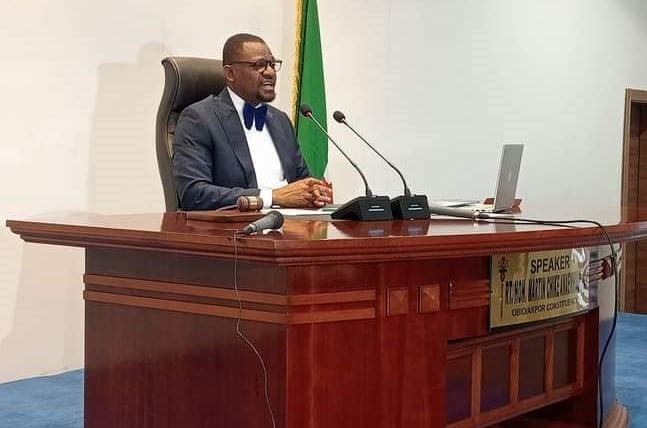The recent suspension of Dangote Petroleum Refinery’s discounted fuel supply scheme highlights a troubling continuity between the Federal Government’s halted subsidy regime and emerging private-sector malpractices.
The latest directive was disclosed in a letter to all strategic partners issued on July 13, 2025, signed by the Group Executive Director-Commercial Operations, Fatima Dangote, on Thursday.
The management of Dangote refinery disclosed that some marketers were reselling petroleum products directly from its tarmac at rates below the official gantry price, an act deemed inimical to the long-term sustainability of its operations.
The letter titled, “Suspension of the Strategic Partner Discounted Price”, read, “In our drive to ensure the distribution and retail sale of DPRP refined petroleum products across your service stations nationwide, DPRP commenced the strategic partnership scheme with the sole aim of ensuring consumers nationwide have access to affordable and clean petroleum products.
“Unfortunately, over the last few months, DPRP has been receiving unprecedented complaints of Strategic Partners (Partners) selling their ATCs at the refinery (Tarmac) below the prevailing PMS gantry product price. Whilst we have engaged Partners severally on this, it has become evident that this has become an area of grave concern to DPRP as it affects the sustainability of our gantry operations.
“To this end, DPRP Management is suspending the discounted price offered to Partners effective 13th July 2025 and working towards restructuring the scheme.”
While superficial reforms may reduce headline fraud, without shifting the underlying culture, corruption merely migrates from one actor to another.
From Public Subsidies to Private Discounts
Under Nigeria’s former fuel subsidy system, the government routinely channelled billions into ensuring cheap petrol. However, as investigations by the EFCC and others revealed, this often enabled a rich culture of rent-seeking, complete with forged documents, inflated contracts, and unseen kickbacks.
Dangote’s Discount Scheme Under Scrutiny
Dangote’s initiative, even with noble motives, applauded for expanding access during subsidy removal, fell victim to the same mindset. Certain affiliate marketers abused their Authority to Collect (ATC) tickets, diverting discounted fuel to unregistered dealers who profit from the price differential. For instance, one analyst cited sales at ₦819/liter (versus the legitimate ₦815), tapping into margins unfairly. Dangote deemed the practice “grave” and suspended the scheme on July 13, 2025.
A Deeper Cultural Issue
This pattern, the skimming of state or private benefits, is systemic. The same mentality that fuelled abuse of public subsidies now permeates the private sector’s well-intentioned frameworks. Regardless of oversight or intent, the outcome is identical: market distortion, loss of public trust, and the undermining of meaningful reform.
A Case for Structural Integrity
Dangote’s response, suspension with a view to complete restructuring, is both necessary and prudent. The company must now embed stronger checks: stringent ticket controls, real-time distribution monitoring, and severe penalties for diversion. Without these, the cycle repeats.
Behind every diversion lies a betrayal, not just of contract, but of communal trust. Ordinary Nigerians lose when fuel stations can’t offer fair prices. The government’s subsidy failure, suspended after billions were misused, is now mirrored by private schemes that, in effect, cheat consumers and cheat the country.
Hope in Accountability
Dangote’s willingness to reassess and redesign its strategy is encouraging. There’s a lesson in this: financial outlays, public or private, carry moral obligations. Unless we match reforms with relentless accountability, our efforts will remain superficial, and our systems, vulnerable.
Both government and corporate Nigeria must recognize that dismantling corruption requires more than removing subsidies or offering discounts. It demands a transformation of culture, rooted in transparency, discipline, and integrity. Only then can incentives serve citizens rather than crooks.












